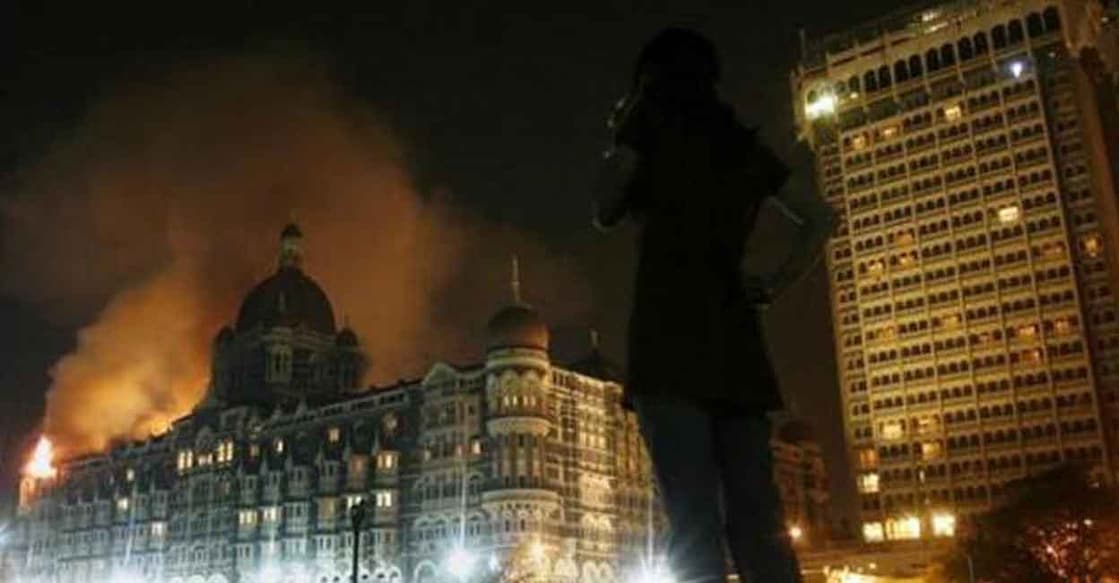Mumbai terror attack accused Tahawwur Rana challenges extradition to India in US Supreme Court

Mail This Article
Washington: The Mumbai terror attack accused Tahawwur Rana, a Canadian national of Pakistani origin, has now approached the US Supreme Court against his extradition to India.
After losing the legal battle in lower courts and several federal courts, the accused has reached out to the US Court of Appeals for the North Circuit in San Francisco.
In Rana's last legal chance not to be extradited to India, his petitions for a writ of certiorari to review the judgment of the lower court contains the argument that he was tried and acquitted in federal court in the Northern District of Illinois (Chicago) on charges relating to the 2008 terrorist attack on Mumbai.
"India now seeks to extradite him for trial on charges based on the identical conduct at issue in the Chicago case," it says.
The petition says that if the elements standard applies, he very likely will be sent to India to be put on trial a second time for the same conduct, with conviction and a death sentence ominously on the horizon for him.
According to the document, "In addition, the resolution of this issue will have a considerable and increasing impact, as the growing globalisation of criminal law enforcement and international cooperation, which in turn has led to a dramatic rise in extraditions, will affect more and more individuals and nations going forward."
On September 23, the circuit court threw out his petition to stay the decisions of the other courts that approved the Department of State's move to extradite him to India, reported PTI. Afterwards, on November 13, Rana filed a petition for a writ of certiorari before the US Supreme Court.
Tahawwur Rana faces charges for his role in the 26/11 Mumbai attack. He is known to be associated with the Lashkar-e-Taiba (LeT) terrorist David Coleman Headley, one of the main conspirators of the terror incident that hit India's financial hub in 2008.

